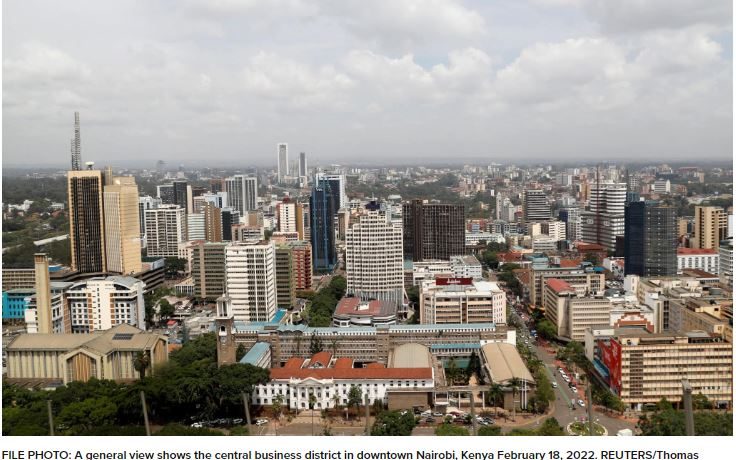Kenya’s newly appointed Finance Minister, John Mbadi, has announced a series of urgent reforms aimed at overhauling the country’s bloated government payroll and revitalizing the tax system to address the nation’s growing budget deficits.
Speaking on Monday, Mbadi emphasized his commitment to cutting unnecessary government spending and improving revenue collection, which are essential steps to meet the conditions set by the International Monetary Fund (IMF) under Kenya’s ongoing lending program.
The East African nation has been grappling with significant economic challenges, including large budget deficits and widespread protests that have disrupted the country over the past two months. These issues have heightened the need for fiscal reforms to stabilize the economy and ensure sustainable growth.
In his address, Mbadi highlighted the importance of tackling inefficiencies within the government payroll, particularly through the elimination of ghost workers and pensioners. He pointed to a long-delayed project aimed at linking government payrolls with advanced technology systems as a critical measure to achieve this goal. “Anyone who is standing in the way of that reform, please give way,” Mbadi declared, underscoring his determination to push forward with these necessary changes. “Payroll reforms must be done.”
In addition to payroll reforms, Mbadi outlined plans to accelerate reforms at the Kenya Revenue Authority (KRA) to enhance tax collection efficiency. He noted that even a modest increase in the tax-to-GDP ratio by 3% could generate an additional 400 billion shillings, significantly boosting government revenues. This increase would be crucial in helping the country meet its financial obligations and reduce dependency on external borrowing.
Mbadi also expressed his commitment to continuing the tax amnesty program initiated by his predecessor. The program, which allows individuals and businesses to settle overdue taxes without facing penalties, has so far brought in approximately 43 billion shillings ($334.63 million). Mbadi sees this initiative as a key tool in encouraging compliance and increasing overall tax revenue.
The new finance minister’s proposals come at a time when Kenya is under pressure to demonstrate fiscal discipline and improve its economic outlook. Mbadi’s reforms are expected to play a pivotal role in stabilizing the economy, enhancing public trust in government institutions, and securing future financial assistance from international bodies like the IMF.
As Mbadi takes on these challenges, his success in implementing these reforms will be closely watched by both domestic and international stakeholders, who are keen to see Kenya navigate its current economic difficulties and emerge stronger.







